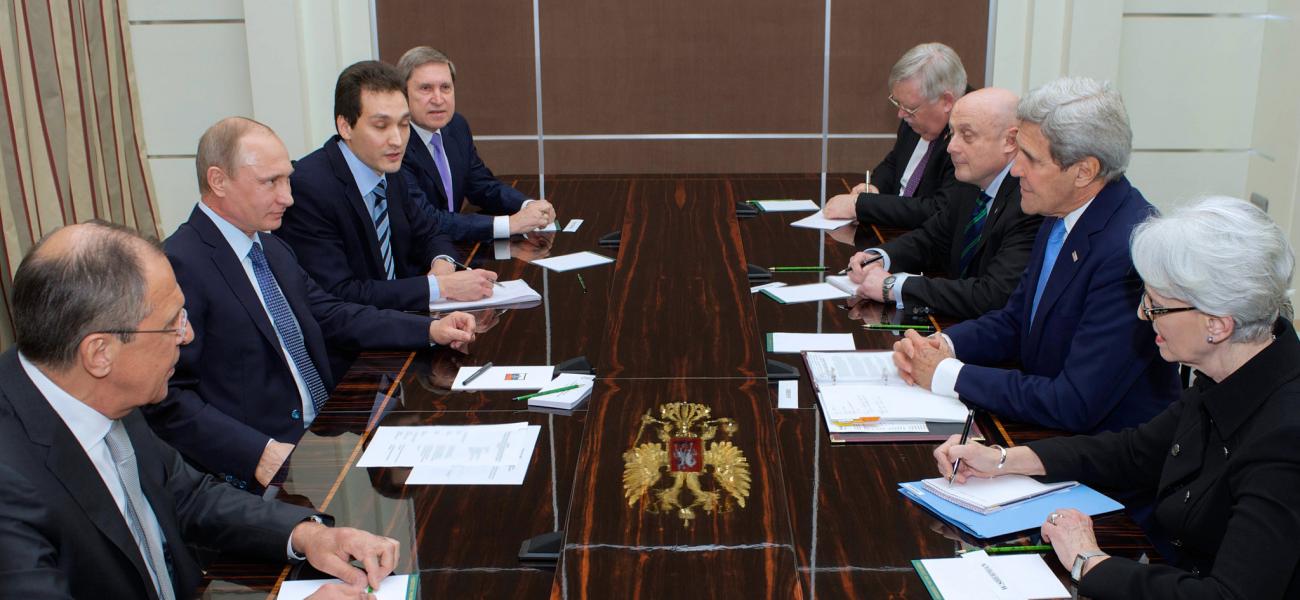
President Trump, Keep in Mind That Russia and the West Think About Negotiations Very, Very Differently
This is a summary of an article originally published by The Washington Post.
The author writes that Russia’s approach to international negotiations is strikingly similar over time. She argues that looking into common observations about Russian negotiating tactics may be useful in the event of upcoming U.S.-Russia negotiations on cyber issues. Negotiation, while a useful tool to serve Russian interests, is not “an end in itself or a way to build better relationships.” Moscow also tends to prefer the status quo, and will only negotiate seriously if it believes the U.S. has an advantage Moscow can’t get by itself. Another tactic is waiting for the other side to reveal its positions and then reacting. Russian negotiators also value “‘khitrost’ (cunning or wiliness),” and U.S. negotiators during the Cold War noted that their Russian counterparts “excelled at manipulating language.” Insults and angry tirades are also used as tactics. History shows that successful negotiation with Russia is possible; however, Moscow “prides itself on being a difficult negotiating partner, and for the United States, forewarned is forearmed.”
Read the full article at The Washington Post.
Kimberly Marten
Kimberly Marten is director of the Program on U.S.-Russia Relations at Columbia University’s Harriman Institute.

